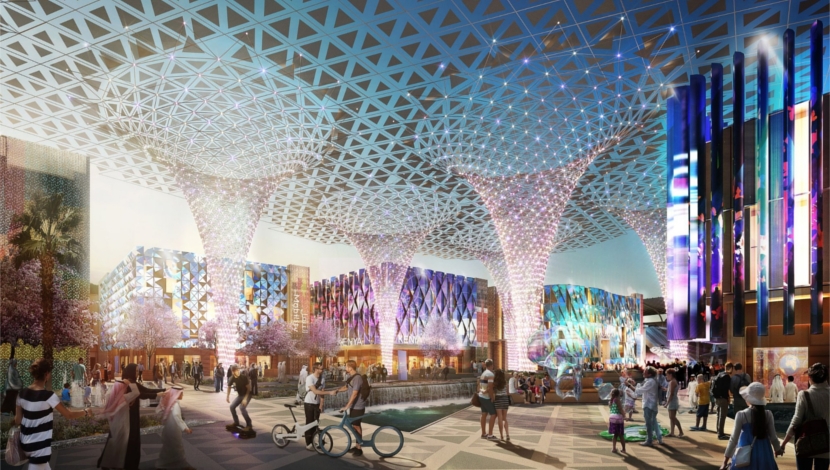

Expo 2020 Dubai’s organising team revealed that it would reach its targeted delivery of construction contracts worth $3bn (AED11bn) after it awards the packages for urban planning and event overlay, due to be finalised early next year.
Additionally, the organisation has awarded $112m (AED411m) of non-construction contracts in 2017, with the amount exceeding its initial pledge of $98m (AED360m) for this year.
In 2018, Expo 2020 Dubai will focus on operational expenditure as “it moves into the next stage of its delivery”.
Procurement opportunities related to design, logistics, health and safety, and construction and building materials services are expected to arise next year.
These details were revealed during Expo 2020 Dubai’s latest Procurement Conference, which was attended by representatives of more than 300 companies, including small and medium enterprises (SMEs).
More than half of the contracts awarded by Expo 2020 Dubai to date have gone to SMEs, Dubai Media Office reported.
Construction progress was reported last month on the projects being developed for Expo 2020 Dubai.
Pavilions that are under-construction for select participant nations were announced to have reached above-ground level, marking a key milestone in development works on the 4.38km2 site.
Some pavilions of Expo 2020 will be built by participants, while the event’s organisers are constructing others to be offered on rent.
Three districts, named Opportunity, Mobility, and Sustainability, are being developed at the Expo 2020 site.
Work on the districts began in March 2017, after a $599m (AED2.2bn) construction contract was awarded to Dubai contractor, Al-Futtaim Carillion.
Expo 2020’s themed districts will comprise 136 pavilions for participating nations, non-governmental organisations (NGOs), and commercial partners.
Pavilions built by countries will be erected outside the themed districts, and each building within the themed districts is planned to meet LEED Gold standards, the event’s organisers reported.
Basements developed as part of new buildings will be turned into an underground rail and road network to support logistics for pavilions, shops, and restaurants, without disrupting the visitor experience.

